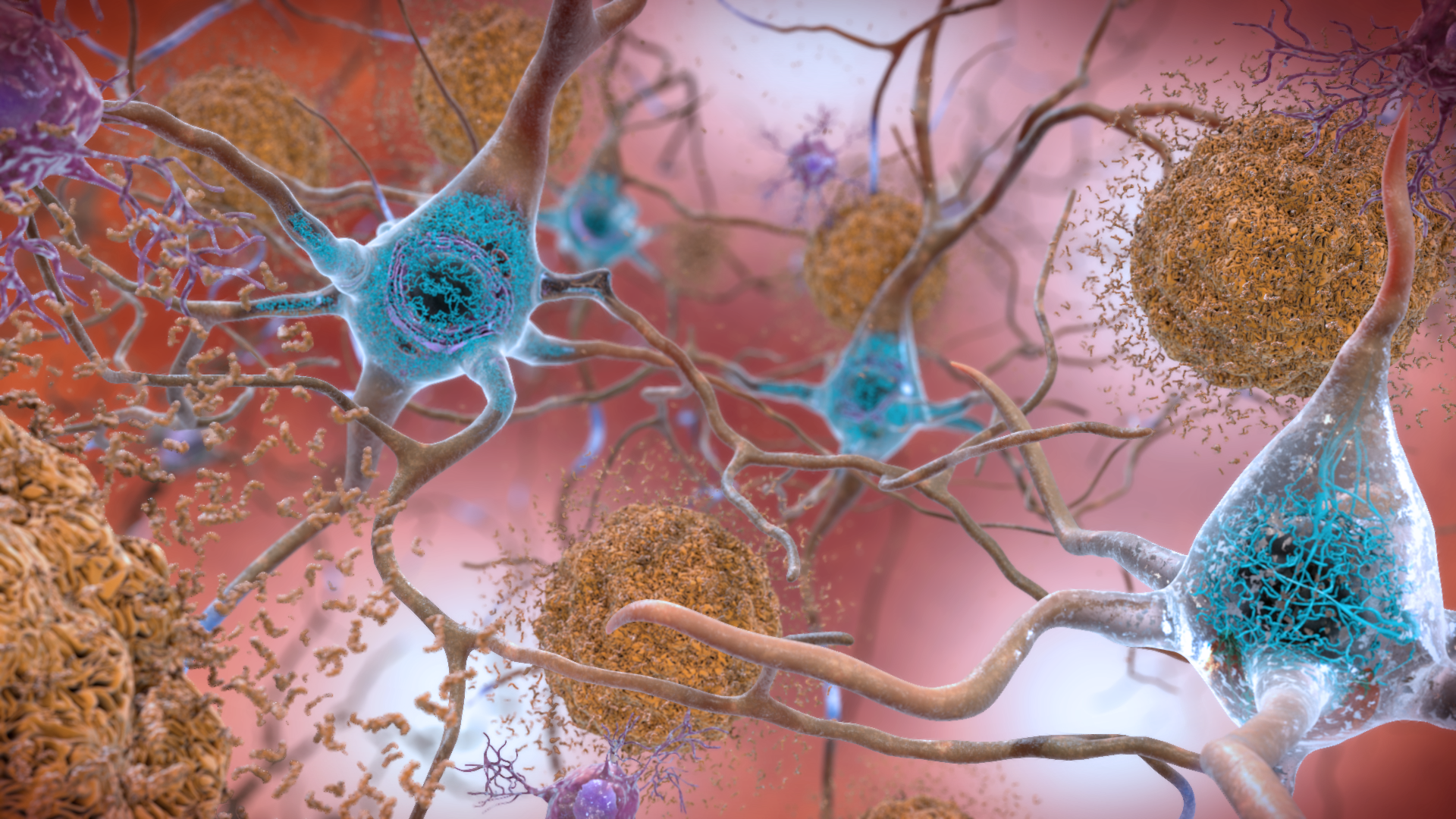Aggregated News

Photo by NIH Image Gallery on Flickr
A common genetic variant called APOE4 raises a person’s risk of Alzheimer’s disease. It also poses a puzzle: If APOE4 is so bad for us, why hasn’t it been weeded out from the population? A new study finds that, surprisingly, the APOE4 variant has positive cognitive impacts: It may not only boost short-term memory, but also protect against subtle memory loss early in the course of Alzheimer’s disease.
“There is something about the possession of an APOE4 allele which is providing some positive impacts on your cognitive function,” even in people whose brains are primed for Alzheimer’s, says neurologist Jonathan Schott of University College London (UCL), co-leader of the study. That could not only help explain why the variant persists, but also guide Alzheimer’s treatments, he says.
The APOE gene codes for a protein called apolipoprotein E, which helps metabolize fats. About one in four people carry one copy of the version called APOE4 that roughly triples the risk for late-onset Alzheimer’s disease. (A few people have two copies of APOE4, which...



